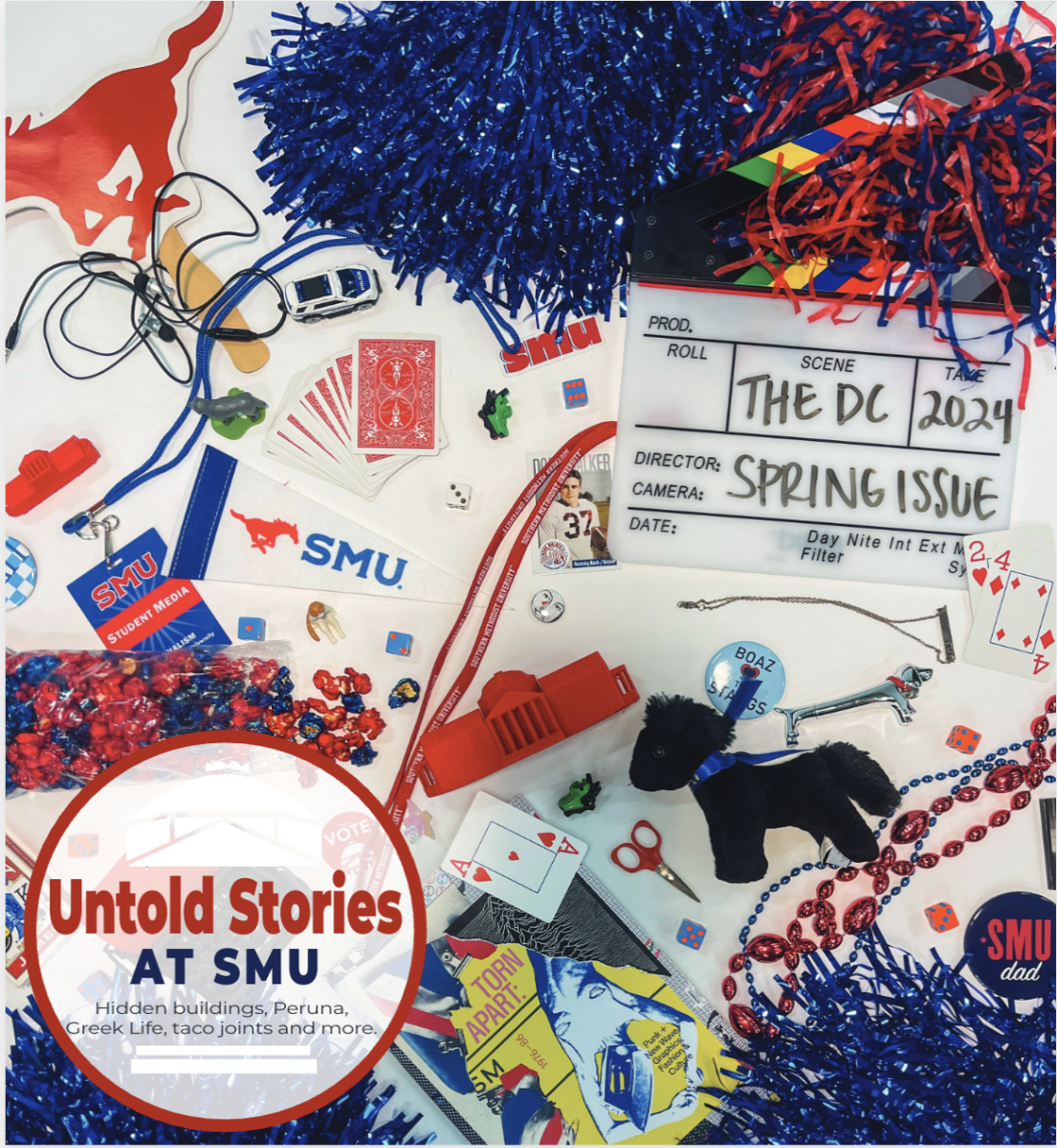He says the American Dream is broken.
“I used to want to be a doctor in the medicine field,” Zitong Huang says. “Because of President Trump, my green card got delayed.”
Huang is an SMU international student from Beijing, China who is majoring in Chemistry with minors in Business and Spanish. But that was not his original plan. Huang came to the U.S. to pursue his dream of becoming a doctor.
Huang says he would have to get his green card to stay in the U.S. long enough to earn his medical degree. Because of current immigration policies, he would have to wait about 10 to 15 years for a green card.
“I’m to waste another ten years to get my green card,” Huang says. “I don’t really have that time to like waste to get into the medical school since most of the medical schools ask for the residency with the citizenship.”
Despite America’s hostile immigration policies, Huang is one of the thousands of students from China who chooses to study in the United States.
Chinese students make up the largest number of international students in the United States. According to the Department of Homeland Security, roughly 370,000 Chinese students were pursuing some level of education or certification in the U.S. in March 2019. Nearly 140,000 of those students were working towards a bachelor’s degree.
According to SMU’S International Student & Student Scholar Services, (ISSS) China is the number one country of origin for international students at SMU. There were 1,082 Chinese students enrolled in the Fall 2018 semester. Claudia Sotomayor Hart, the director of ISSS, says China has consistently been one of the leading countries among the university’s international students.
“Our undergraduate students tend to be more from, well China being the bigger one, but also Central America or South America,” Sotomayor Hart says. “Depending on where you’re from and the kind of funds that you have, you know, that can affect your visa application.”
Mark Qian, another international student from China, says he only had to wait several days to receive his student visa. Huang also had to wait a few days. This is a very short wait time compared to other countries. The student visa process is longer and more difficult in countries that were heavily impacted by Trump-era immigration policies. This includes nations affected by the travel ban on Muslim-majority countries.
“Some of the students that [sic] are coming from the Middle East and countries from that region, they may have issues just because of the nature of where they’re from,” Sotomayor Hart says.
SMU has not been affected as much by the national drop in international student enrollment because of the high enrollment of Chinese students. The shorter visa wait time may be one reason their numbers remain high.
Another reason many Chinese students still choose to study in the U.S. is the growth of American STEM-related educational programs. STEM stands for science, technology, engineering, and mathematics. New STEM programs offered by the Cox School of Business are appealing to international students, especially those from China.
“That is very attractive to international students because they get to, they benefit from additional time of work, [sic]” Sotomayor Hart says. “Instead of just getting one year of work authorization at the end of their degree, they get up to three years.”
According to the Department of Homeland Security’s data for March 2019, nearly 8,000 Chinese students were pursuing a STEM degree in Texas. At the heart of STEM programs lies the biggest reason Chinese students opt for an American degree: job opportunities.
“It’s easier for you to like find a job if you major in Business and Engineering,” Qian says. “I think you want to find a job that will help you earn some money.”
Having an American degree speaks volumes in China and across the globe. Sotomayor Hart says many international students have vastly expanded job opportunities when they go to their home countries with a U.S. degree.

Another explanation for why many Chinese students continue to study in the U.S. is that they already feel somewhat familiar with the culture. Qian says that because of modern technology, globalization and westernization, younger generations in China have unprecedented access to American pop culture and entertainment.
“We both watch the similar [sic] movies,” Qian says. “I think it’s easier for today’s Chinese young men to know about American culture than before. So, the Internet is a big factor.”
Having access to American music and movies not only helps Chinese students feel comfortable with U.S. culture. It also helps bridge the gap between Chinese and English. Though most Chinese high schools educate students in reading and writing English, speaking the language is difficult.
“I think it’s fair to say that some of our students from China, at least at the very beginning, tend to have a little bit more challenges,” Sotomayor Hart says. “They’re still navigating the language barrier.”
Chinese students are willing to conquer more than just language barriers, culture barriers, and hostile immigration policies for the chance to earn an American degree. They’re making a significant investment.
According to the Wall Street Journal, Chinese students contributed about 31 percent of the money international students spent on American tuition, fees and other living costs in 2014. NAFSA, the Association of International Educators, states that international students contributed $39 billion to the U.S. economy during the last academic year.
International students in the U.S. bring more than just riches. They bring cultural enrichment. Southern Methodist University created a task force this past fall intending to help the undergraduate international student experience and create a more globally-minded university.
“The whole idea of the task force is so that we can come up with ideas and proposals of how to improve the international student experience by supporting them,” Sotomayor Hart says. “And then also looking at obstacles that they face.”
The task force is expected to finalize its report this month. The results of the task force may be the extra boost that Chinese student Zitong Huang needs to feel more welcome in the United States. For now, Huang says he hopes he can continue his American education and work experience.
“I may take another MBA degree after I graduate,” Huang says. “Try to maybe find another job here, try to maybe use other ways to get a green card to stay here.”





















